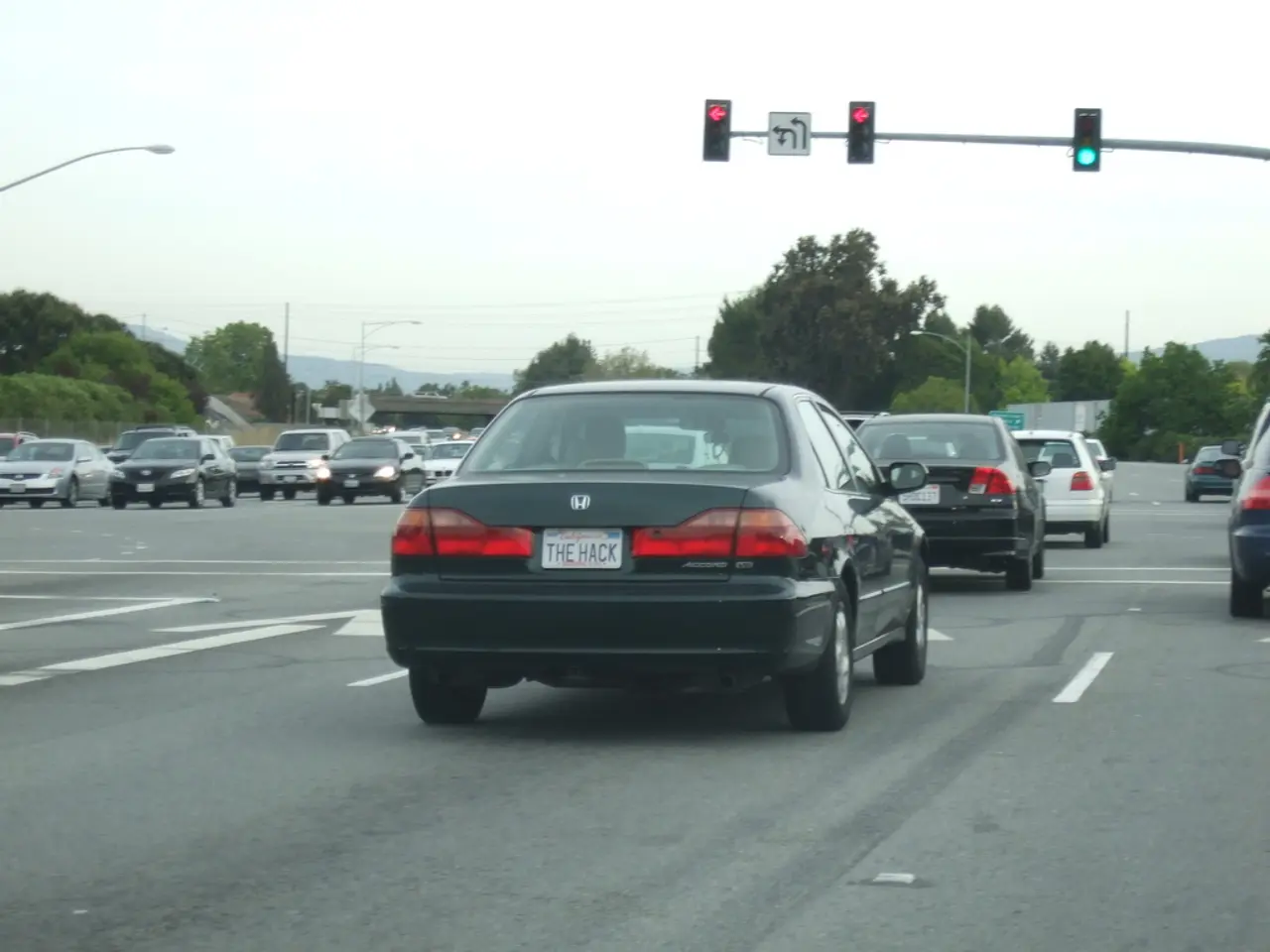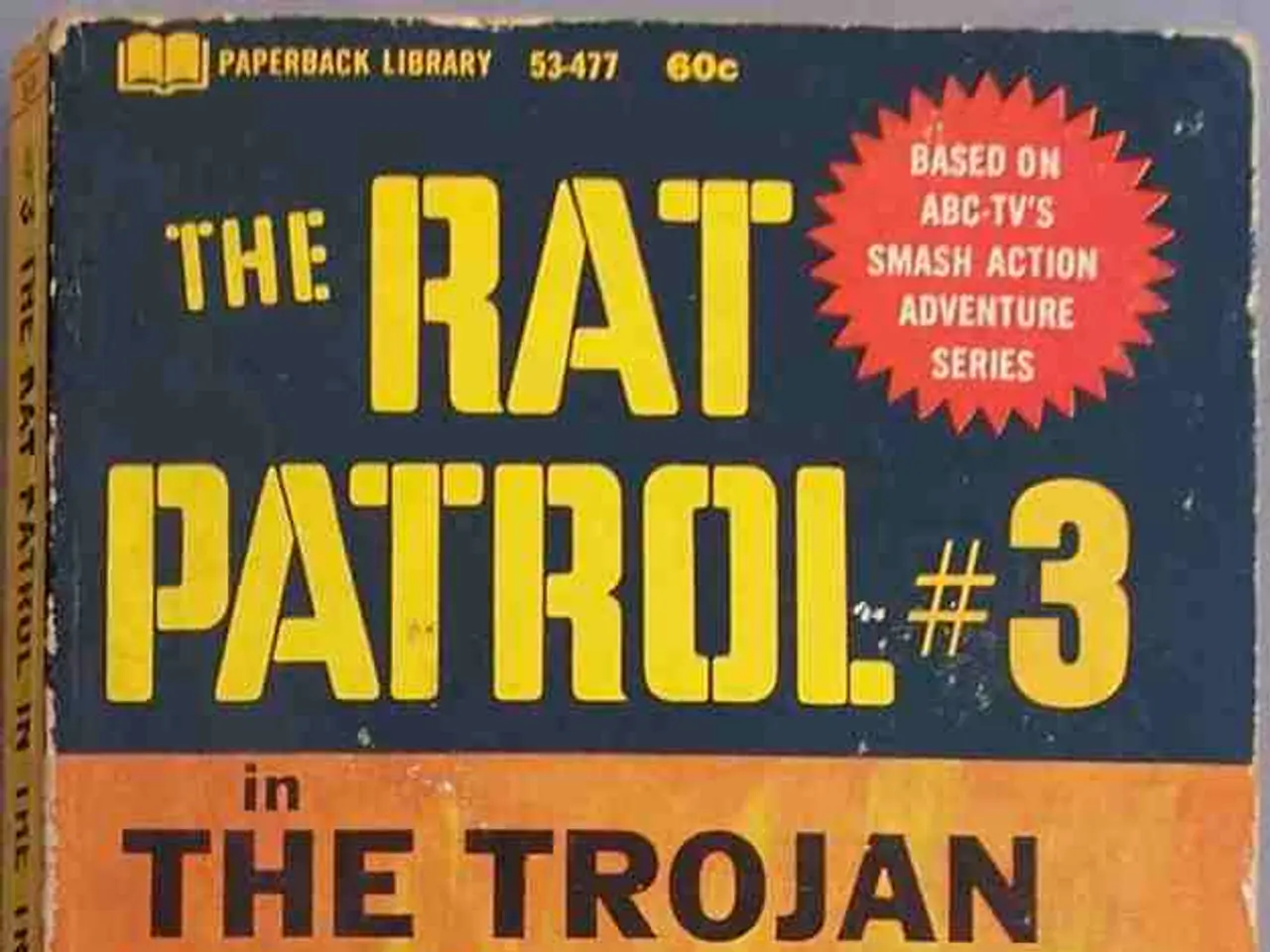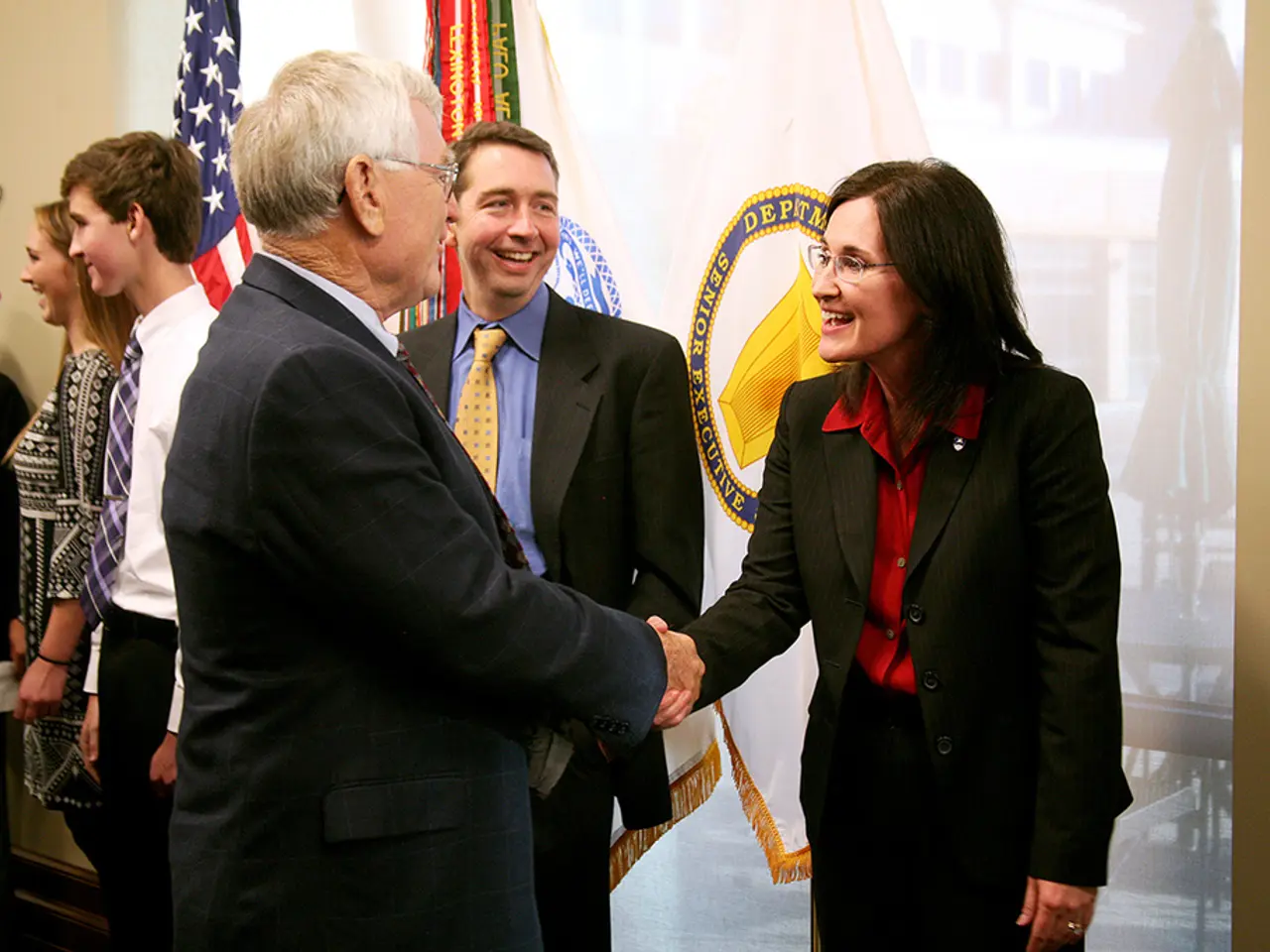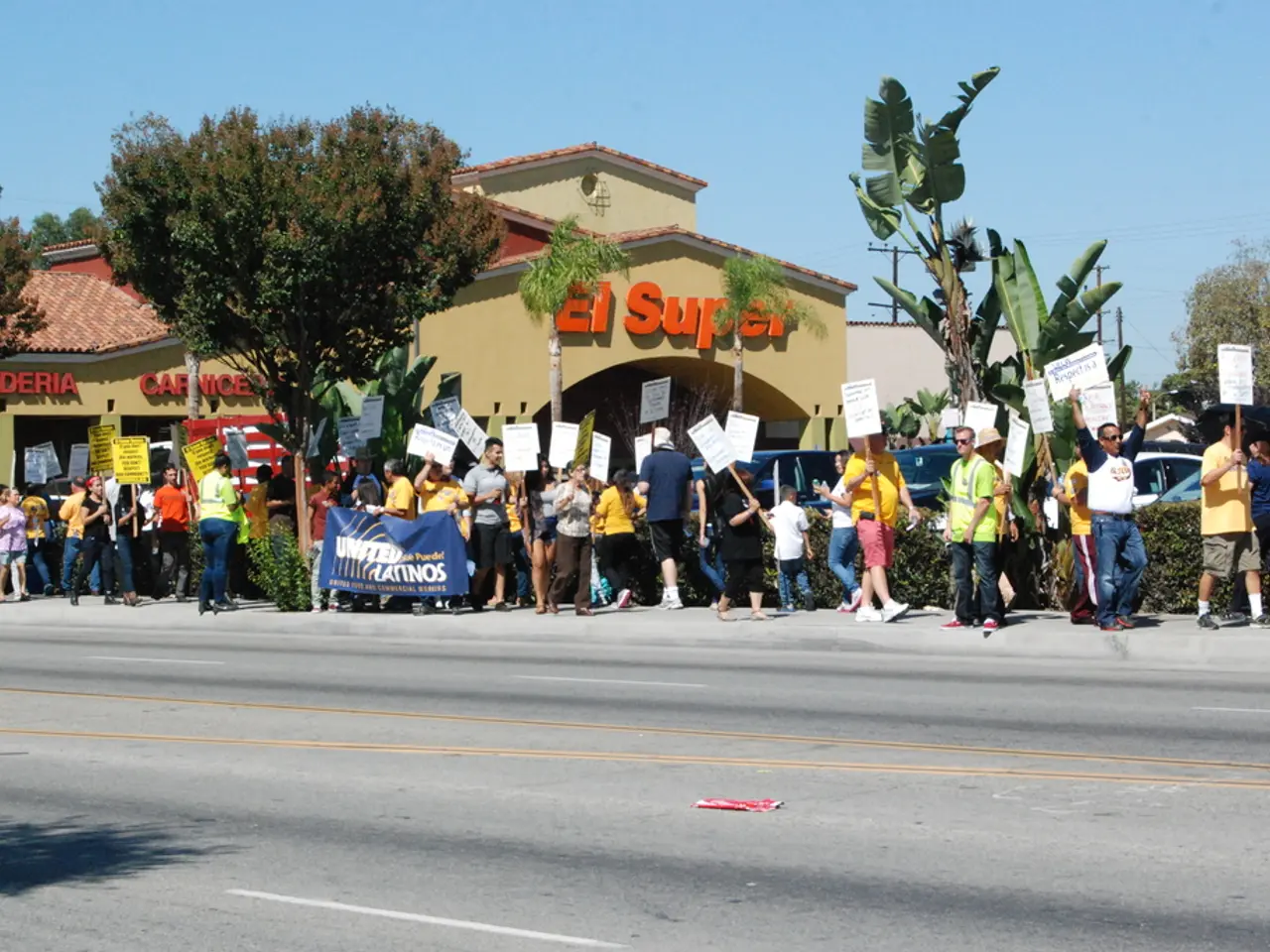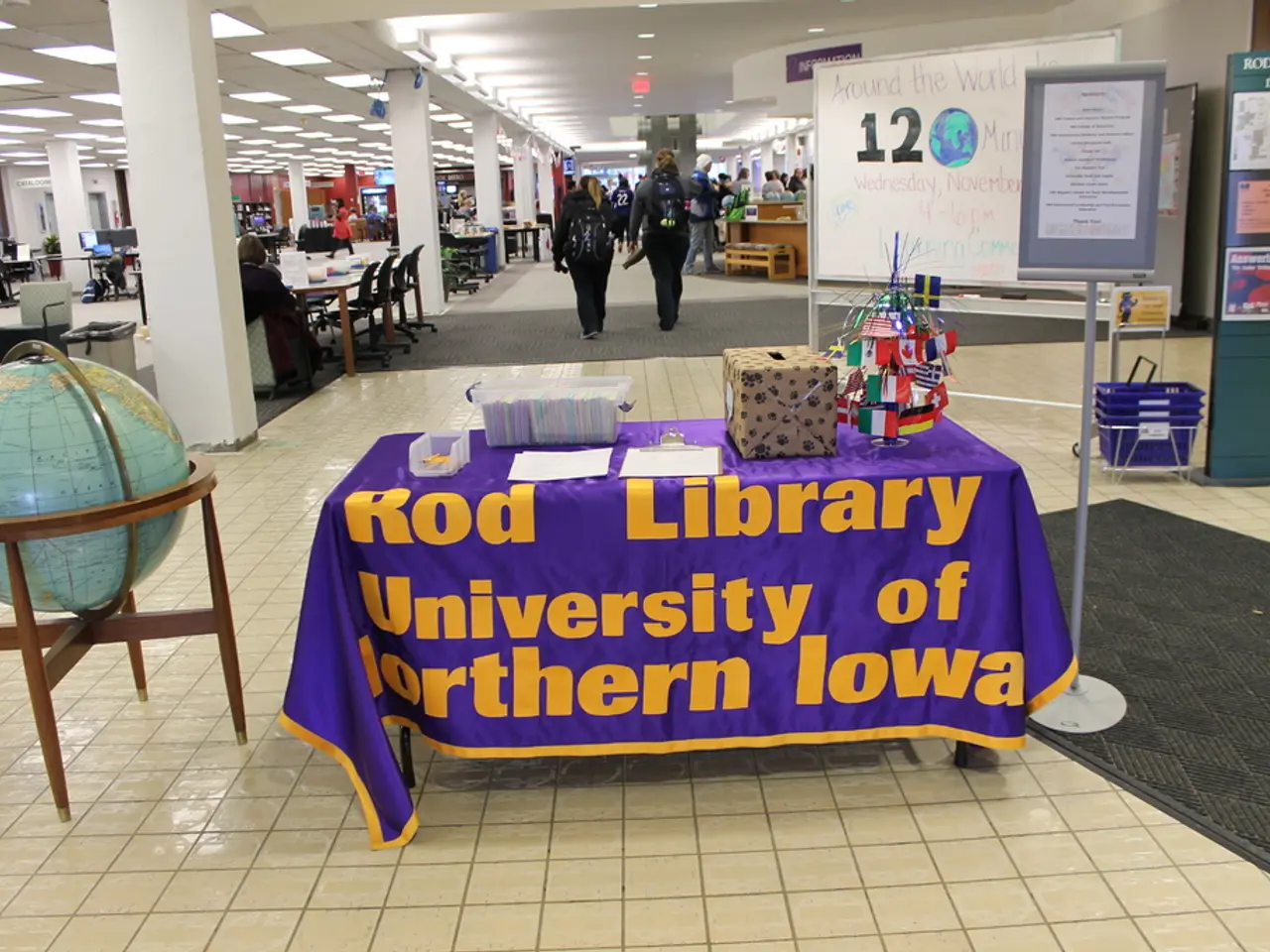Customs officials aim to prevent vehicular congestions at border checkpoints
In response to the reintroduction of border controls between Germany and Poland, authorities from both countries are exploring solutions to minimise traffic disruptions, particularly on the A12 motorway.
Poland's Minister of Interior, Tomasz Siemoniak, has stated that his country is prepared to control entrants from Germany if the German government suspends its controls. The decision by Poland to introduce temporary border controls is in response to increased checks by Germany.
Brandenburg's Minister President, Dietmar Woidke (SPD), has advocated for joint controls by Germany and Poland to secure the German external borders. He has also asked the federal government for solutions to relieve traffic on the A12.
The Federal Ministry of the Interior aims to keep traffic disruptions caused by border controls with Poland to a minimum. The Federal Police is examining structural adaptations to the A12 in collaboration with relevant parties, such as the creation of a third lane for controls in the border area.
The controls at the German-Polish border will be conducted solely by the Polish border guard, military police, home guard, and police. However, cooperation with uniformed services of neighbouring countries takes place within the framework of the Schengen Agreement.
The controls are initially set for 30 days, with potential extensions. To manage traffic flow efficiently, authorities, including Lithuanian border officials who face similar issues, have indicated their readiness to manage traffic if jams build up and keep checks as brief as possible.
Poland is implementing controls mainly targeting certain vehicles such as buses, vans, cars carrying multiple passengers, and those with tinted windows. This approach aims to reduce delays by concentrating on specific vehicles more likely to be involved in illegal migration attempts.
Border crossings, including the A12 motorway, will see traffic calming measures such as narrowed lanes or signage intended to slow down vehicles and facilitate orderly processing without causing significant jams. Everyone crossing must carry valid ID, helping speed up identity verification and processing times.
No permanent infrastructure changes or complete border closures are planned. The Chambers of Industry and Commerce in Brandenburg and Saxony have warned of major traffic jams due to Poland's controls, emphasising the need for effective solutions.
In summary, the proposed solutions for minimising traffic disruptions on the A12 motorway border crossing between Germany and Poland rely on targeted, efficient checks, traffic flow management, and non-physical control measures to avoid significant congestion while enforcing the reintroduced border controls.
The proposed policy-and-legislation regarding border controls between Germany and Poland includes targeted traffic flow management on the A12 motorway, such as the creation of a third lane for controls in the border area, narrowed lanes, and signage to facilitate orderly processing, while focusing on specific vehicles like buses, vans, and cars carrying multiple passengers. In the sphere of politics, Brandenburg's Minister President, Dietmar Woidke, has advocated for joint controls with Poland to secure the German external borders and has asked the federal government for solutions to relieve traffic on the A12.
